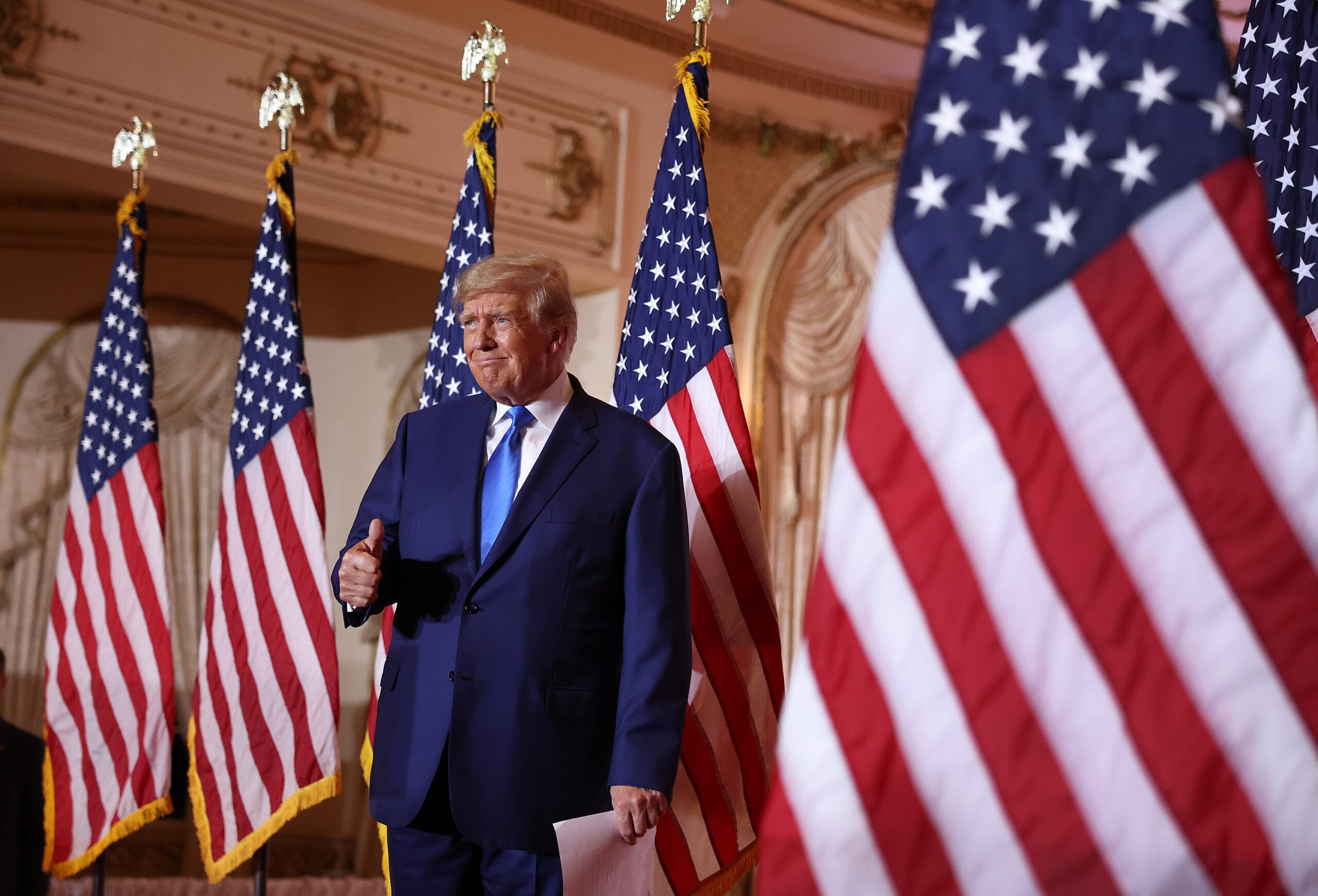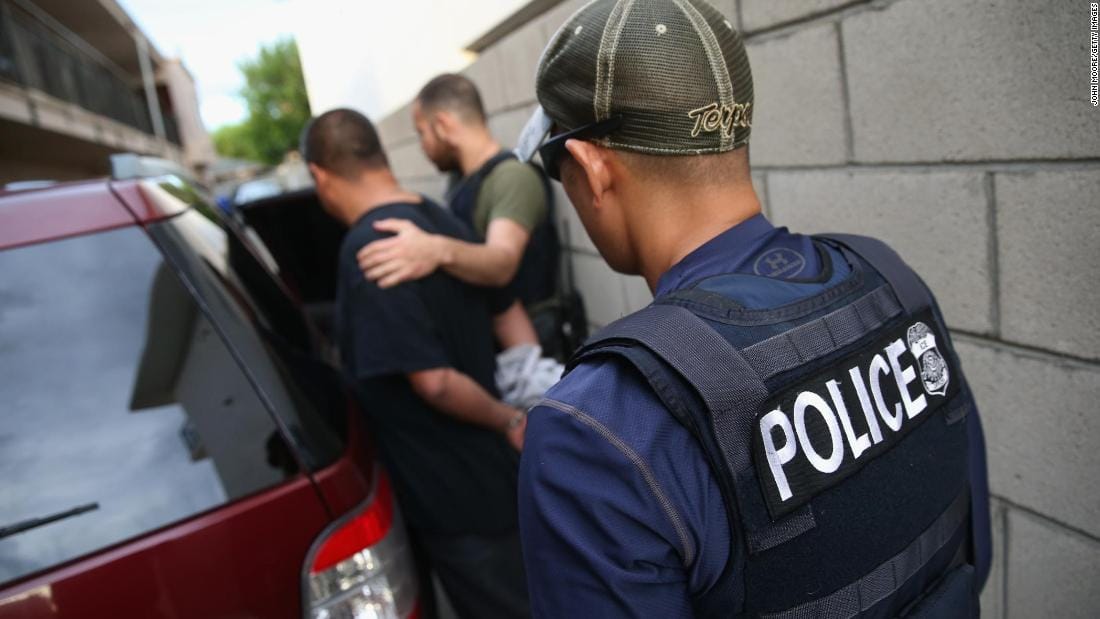In a recent development that has captured national attention, former President Donald Trump has taken steps to suspend the security clearances of several former intelligence officials who were signatories to a letter that questioned the legitimacy of the Hunter Biden laptop story. This letter, which was published shortly before the 2020 presidential election, asserted that the laptop’s contents could be part of a Russian disinformation campaign. The signatories included prominent figures from various intelligence agencies, and their public stance has been a point of contention in the political arena.
The announcement comes amid ongoing scrutiny of the Biden administration and its handling of various issues, including the controversial laptop that allegedly contains incriminating information about Hunter Biden’s business dealings. The laptop, which was reportedly abandoned at a Delaware repair shop, has been a focal point for Republican lawmakers and has fueled numerous investigations into the Biden family’s business practices. Trump’s decision to target the former officials who signed the letter is seen as a retaliatory measure, reflecting the deepening partisan divide in American politics.
Trump’s move to suspend these clearances raises important questions about the role of former intelligence officials in public discourse and the potential consequences of their actions. Security clearances are typically granted to individuals who have access to classified information, and suspending them can significantly impact their ability to work in national security or related fields. Critics of Trump’s decision argue that it could deter former officials from speaking out on matters of public interest, particularly when their views may contradict those of the current administration.
The implications of this decision extend beyond the individuals directly affected. It highlights the ongoing tensions between the Trump administration and the intelligence community, which has often been at odds with the former president. Throughout his presidency, Trump frequently criticized intelligence agencies, alleging that they were biased against him and that they had engaged in politically motivated actions. This latest move can be seen as part of a broader strategy to undermine the credibility of those who challenge his narrative.
Supporters of Trump argue that the suspension of clearances is a necessary step to ensure that former officials do not misuse their access to classified information for political purposes. They contend that the letter signed by the former officials was an attempt to influence the election by casting doubt on the authenticity of the laptop’s contents. In their view, the actions of these officials were not only politically motivated but also detrimental to national security.
On the other hand, opponents of Trump’s decision warn that it sets a dangerous precedent for the treatment of former officials who engage in public discourse. They argue that the ability to speak freely about national security issues is essential for a healthy democracy. By targeting those who express dissenting views, critics contend that Trump is attempting to silence opposition and stifle debate on critical issues.
The timing of this announcement is also noteworthy, as it comes at a time when the Biden administration is facing increasing scrutiny over its handling of various crises, including the ongoing challenges related to the COVID-19 pandemic and economic recovery. The Hunter Biden laptop story has resurfaced in political discussions, and Trump’s decision to suspend clearances may be an attempt to redirect attention to this issue as a means of rallying his base.
As the political landscape continues to evolve, the ramifications of Trump’s decision will likely unfold in the coming weeks and months. The former president’s actions may prompt further discussions about the role of intelligence officials in politics and the extent to which they should be held accountable for their public statements. Additionally, this situation may lead to renewed debates about the integrity of the intelligence community and its relationship with elected officials.
In conclusion, Trump’s proposal to suspend the security clearances of former intelligence officials who signed a letter regarding the Hunter Biden laptop story underscores the ongoing tensions in American politics. It raises important questions about the intersection of national security, public discourse, and the accountability of former officials. As this situation develops, it will be crucial to monitor the responses from both sides of the political spectrum and the potential implications for the future of intelligence and national security in the United States.


